We are all ACR LATIN AMERICA
Every year the industry changes, evolves and presents new developments marking a certain trend that all companies will follow and that will allow greater growth.
Every year the industry changes, evolves and presents new developments marking a certain trend that all companies will follow and that will allow greater growth.
Save or not waste? this is what we should think about when we are proposing a strategy to be friendly to the environment and to help mitigate a little the impact of climate change.
I am very pleased to write to thank all those companies, technicians and professionals who supported us in the eighth version of RefriAméricas in Medellín, Colombia. Our idea is to grow more and more and deliver the information that industry players in Latin America require.
The new years come with thousands of challenges, promises and goals that we set when twelve o'clock at night on December 31 and this 2011 will not be the exception.
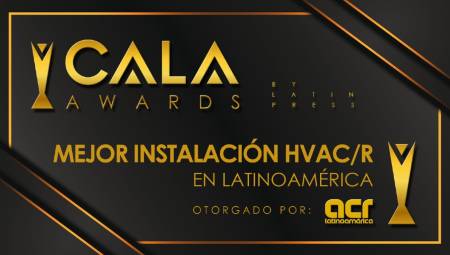
International. The most innovative and sustainable projects in air conditioning and refrigeration have been selected as finalists for the CALA Awards 2025, the most important award in the HVAC/R...

International. Every June 26, World Refrigeration Day is commemorated, a date that seeks to recognize the fundamental role that this technology plays in health, food, comfort and the global economy,...
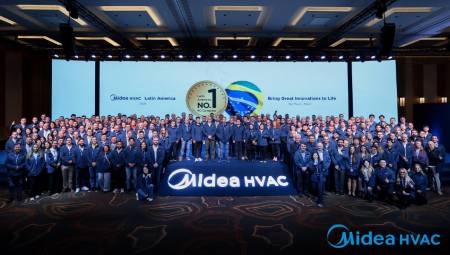
Brazil. With the participation of 170 representatives from 18 countries, Midea held the second edition of its HVAC Latin America Partner Summit at the Grand Hyatt Hotel in São Paulo. The event...
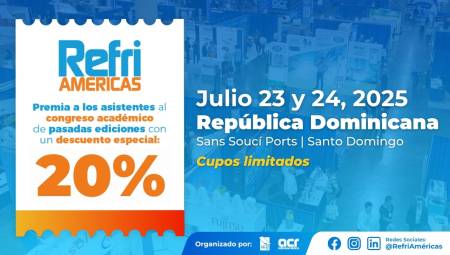
Dominican Republic. A little more than a month after its implementation, RefriAméricas 2025 continues to advance in its agenda. The event, which will be held on July 23 and 24 in Santo Domingo,...
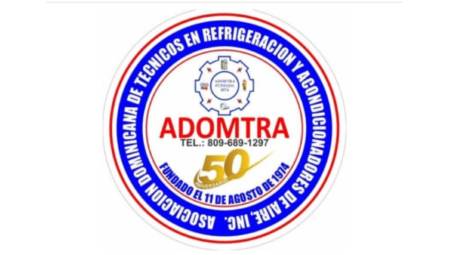
Dominican Republic. The Dominican Association of Refrigeration and Air Conditioning Technicians announced the formation of its new Board of Directors for the period 2025-2027, elected during the...
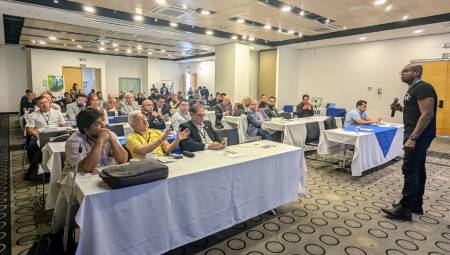
Colombia. On July 11, the Tequendama Suites Hotel will be the meeting point for leaders in the technology sector with the Building Automation Days by KNX LATAM Colombia, an event that will bring...
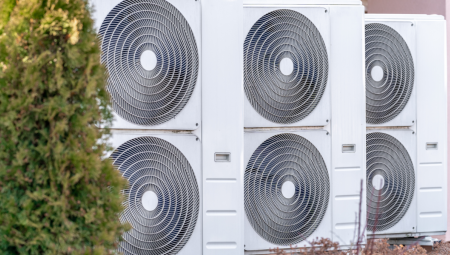
International. Ductless heat pumps are defying low temperatures with increasingly advanced technologies, establishing themselves as a reliable solution for heating in regions with harsh winters.
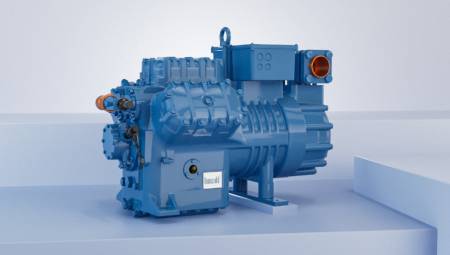
Italy. The new line is designed to operate with natural hydrocarbons and reach temperatures of up to 135°C, expanding sustainable options for heating and industrial processes.

International. As technology infrastructure expands to sustain the growing demand for data, so does its environmental impact. Data centers, essential to global digital operations, face the challenge...

Mexico. High-precision medical logistics has established itself as a strategic component in the health sector, where a minimum thermal deviation can represent millions of dollars in losses or, even...